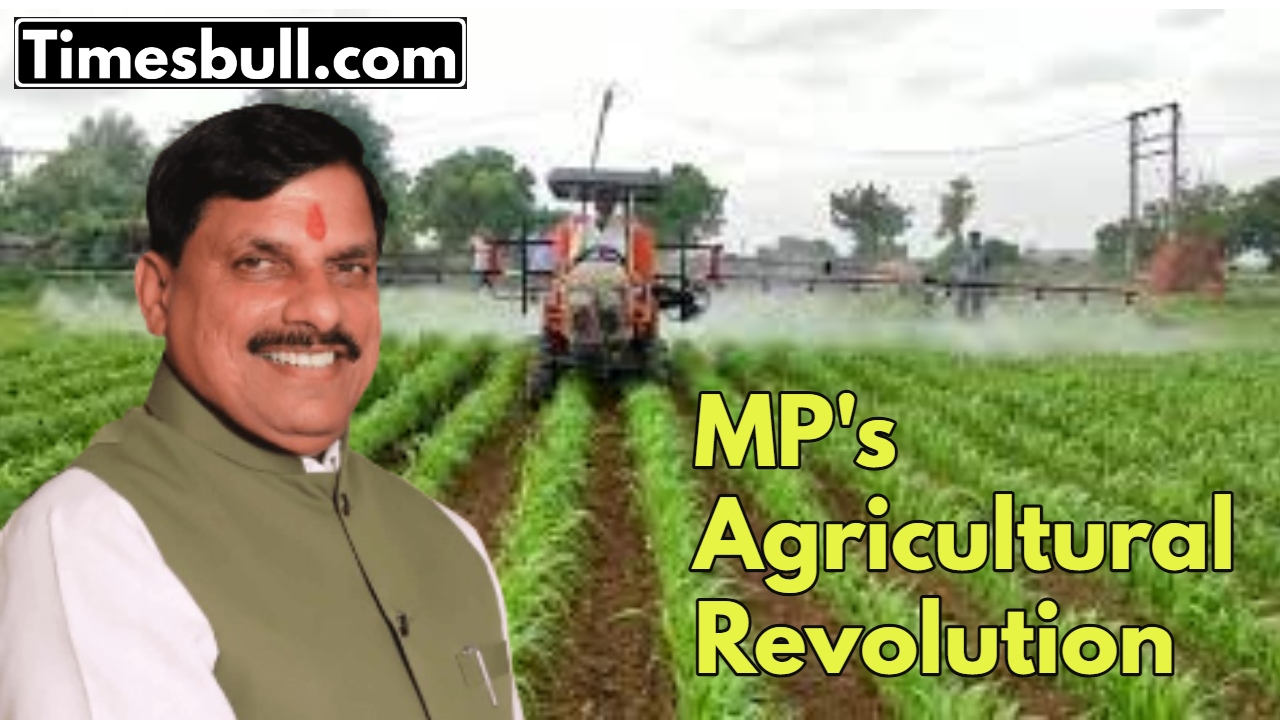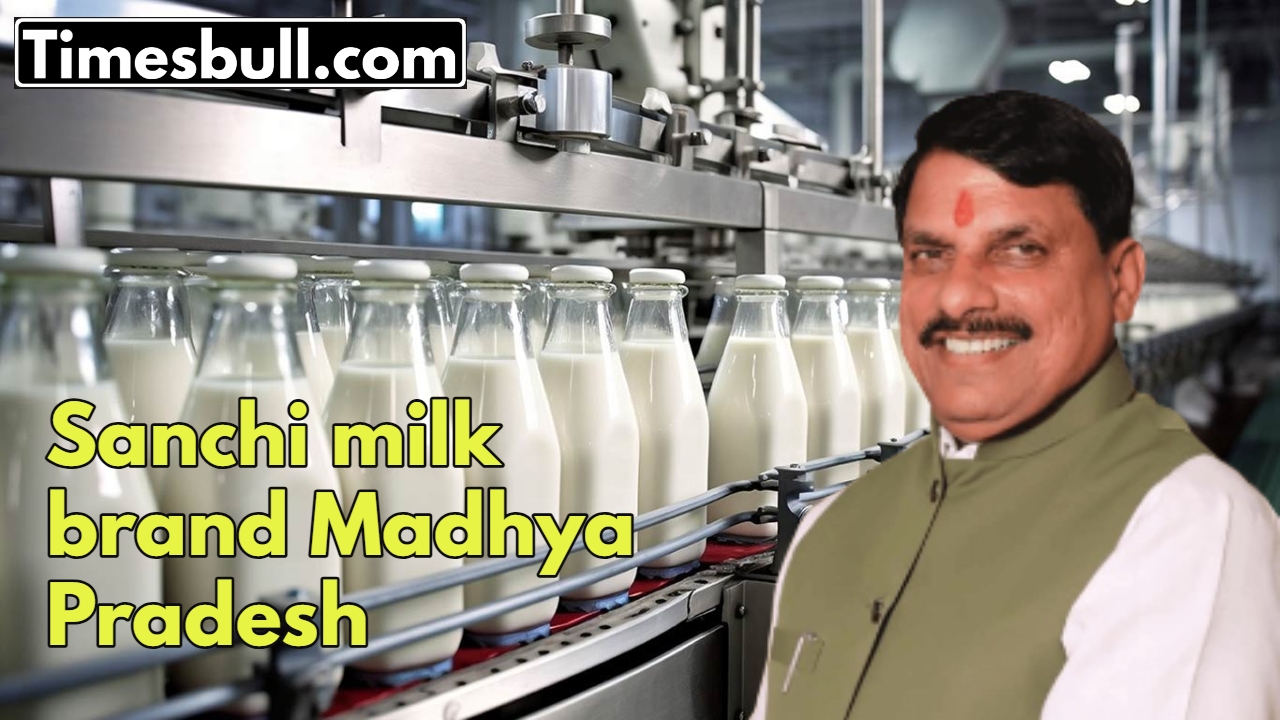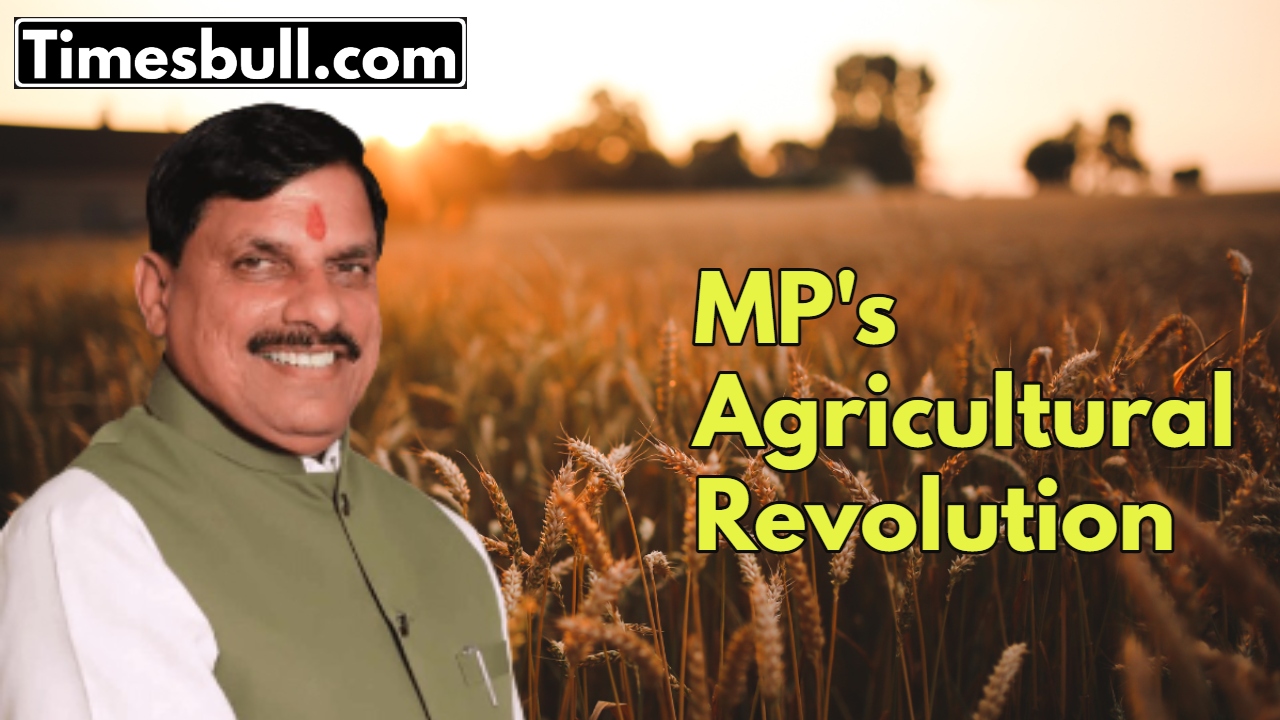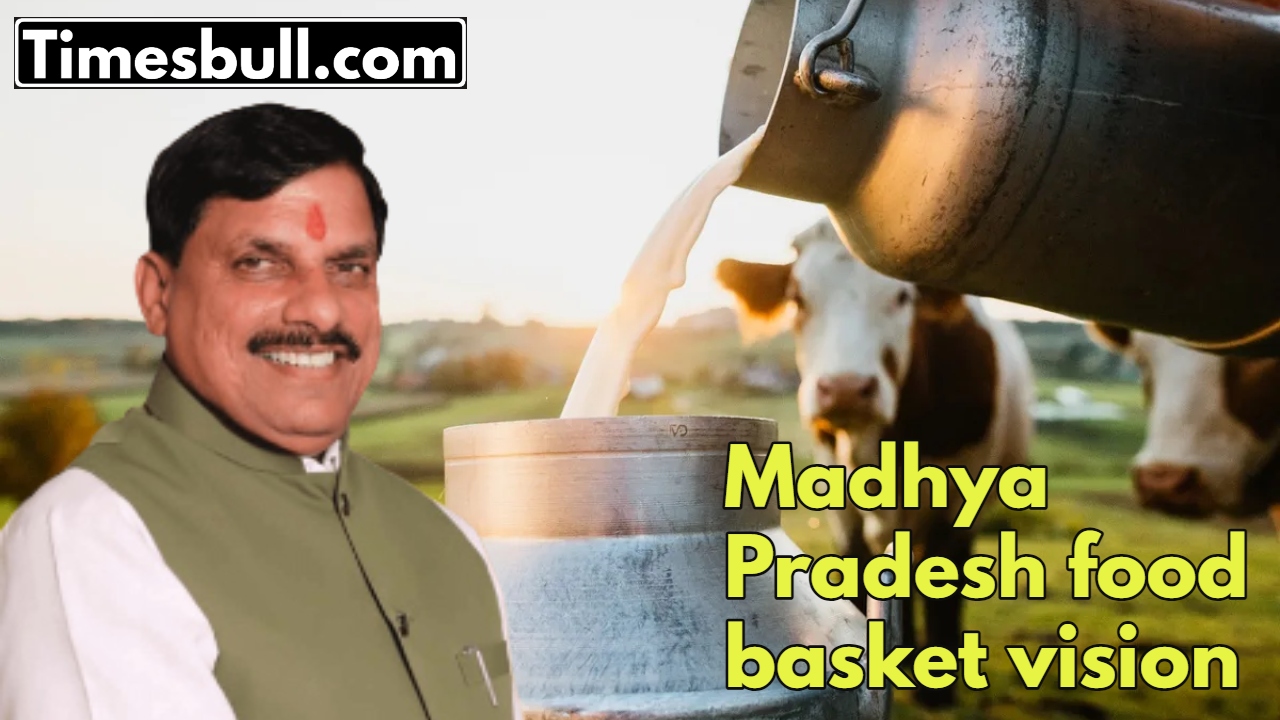Madhya Pradesh is making rapid progress in the field of agriculture. Madhya Pradesh is leading the whole country in organic farming. Efforts are being made to make the state a hub of milk production. There has also been a significant increase in the field of horticulture in the state. Chief Minister Dr. Mohan Yadav has now announced to make the state the “food basket” of the country.
The investments made at the Global Investors Summit (GIS) held in Bhopal will give impetus to the green and white revolution in the state. The rich agricultural tradition and development policy of the state is attracting the attention of global investors.
This is the reason why investors have spoken of investing thousands of crores of rupees in the state, which will ultimately make the farmers here prosperous. This investment will bring a positive change in the lives of farmers.

Resolve to make India a ‘food basket’
Chief Minister Dr. Mohan Yadav has said that Madhya Pradesh will play an important role in realizing Prime Minister Narendra Modi’s resolve to make India a global “food basket”. The investment received at GIS Bhopal will prove to be a milestone for the green and white revolution in the state. This investment will provide farmers access to new technology and market.
Target to expand from 17 lakh hectares to 20 lakh hectares
Madhya Pradesh has already become the largest organic farming state in the country. The state contributes 40% of the total organic farming in the country. Now a target has been set to expand organic farming in the state and increase it from 17 lakh hectares to 20 lakh hectares. This will motivate farmers for healthy and sustainable farming.
Direct benefit to fruit and vegetable producers
Horticultural crops have also increased significantly in the state. In the last few years, the area under horticultural crops has increased from 27 lakh hectares to 32 lakh hectares. This is directly benefiting the fruit and vegetable producers of the state. This will increase the income of the farmers.
Sanchi brand has created a national and international identity

Madhya Pradesh has now become one of the leading states in the country in milk production. Currently, Madhya Pradesh, which contributes 9 percent to the total milk production of the country, is now trying to increase it to 20 percent. Madhya Pradesh’s Sanchi brand has made a strong mark in the national and international market. The state is producing 591 lakh kg of milk per day, making the state the third largest milk producer in the country. This will provide better opportunities for farmers in milk production.
Farmers will get better prices
Chief Minister Dr. Mohan Yadav said that 8 food parks, 2 mega food parks, 5 agro-processing clusters and a logistics park are being set up in the state. Assistance amount of Rs 930 crore has been approved under the Pradhan Mantri Micro Food Processing Scheme.
More than 70 large industrial units and more than 3,800 micro, small and medium enterprise units are already active here. Processing of agricultural products is being promoted through these. With the development of food processing industries, farmers will get better prices for their produce.
Expansion through irrigation projects

There has been a rapid increase in the irrigated area in the state. In 2003, only 3 lakh hectares of land was irrigated here, which has now reached 50 lakh hectares. The state government has set a target to increase it to 1 crore hectares by 2028-29. Through irrigation projects, farmers will get the opportunity to cultivate more land.
8000 employment opportunities
Chief Minister Dr. Mohan Yadav said that a special session focused on the theme “Seed-to-Shelf” was organized at GIS-Bhopal, in which investors recognized the immense potential of the state. Investors submitted investment proposals worth more than Rs 4,000 crore in agriculture, food processing and milk production sector.
This investment will create more than 8,000 employment opportunities in the state. The development of food processing industries will enable farmers to get better prices for their produce directly. This will not only strengthen them financially but will also benefit the state.
